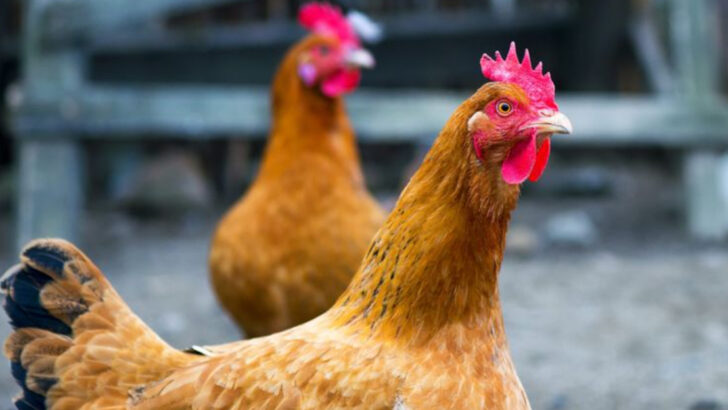Think you want a pet chicken? Think again.
Owning a pet chicken might sound cute and quirky at first, but the reality could be a lot more messy and complicated than you ever imagined. These feathered friends come with more challenges than you might think.
From endless cleaning to noisy mornings, there’s a lot about chickens that doesn’t make them the perfect cuddle buddy. And that’s just the start. Their unique needs can quickly overwhelm even the most dedicated pet owners.
Before you rush to build a chicken coop in your backyard, take a step back. In this post, we reveal 14 eye-opening reasons why having a pet chicken might not be as charming as it seems.
Noise Complaints
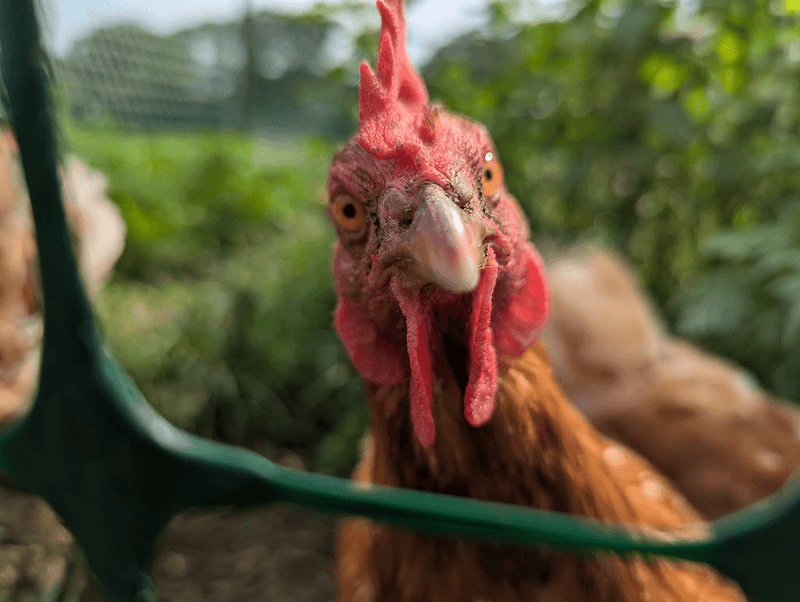
Chickens, especially roosters, can be incredibly noisy. They crow at dawn, and sometimes throughout the day, which can disturb your peace and annoy neighbors. Imagine trying to sleep in on a weekend, only to be jolted awake by a rooster’s loud crow. This can lead to tension in suburban areas where noise levels are expected to be low. Being considerate of your community is crucial, so if you’re contemplating a pet chicken, think about the noise factor. It might not seem significant at first, but living with constant crowing can become quite troublesome.
Space Requirements
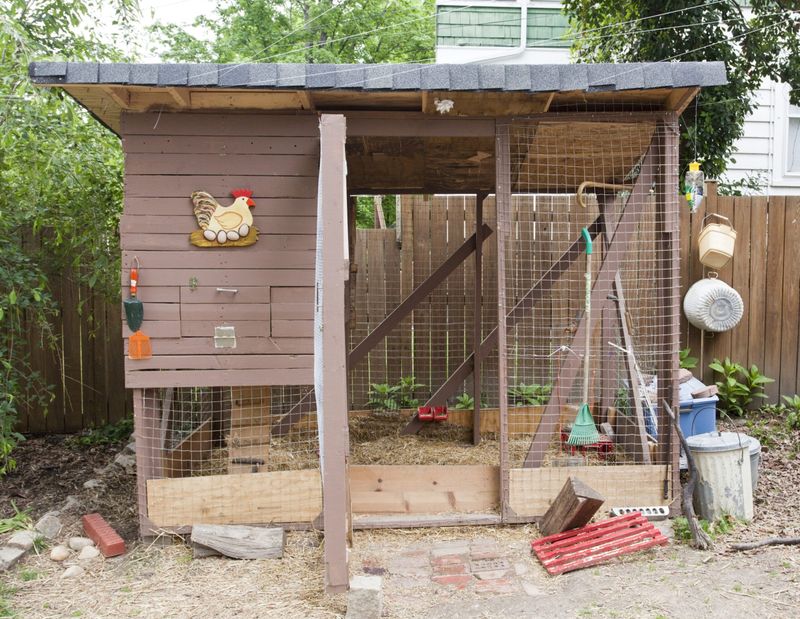
Chickens need adequate space to roam, peck, and forage. A cramped backyard won’t suffice, as they require a coop and a run to keep them healthy and happy. You might need to sacrifice part of your garden or lawn to accommodate their needs. This can limit space for other outdoor activities or landscaping plans you might have. Ensuring they have enough room is essential for their well-being, but it might also mean compromising on your personal outdoor space. Consider if you’re willing to dedicate this much area before committing to a pet chicken.
Messy Eaters
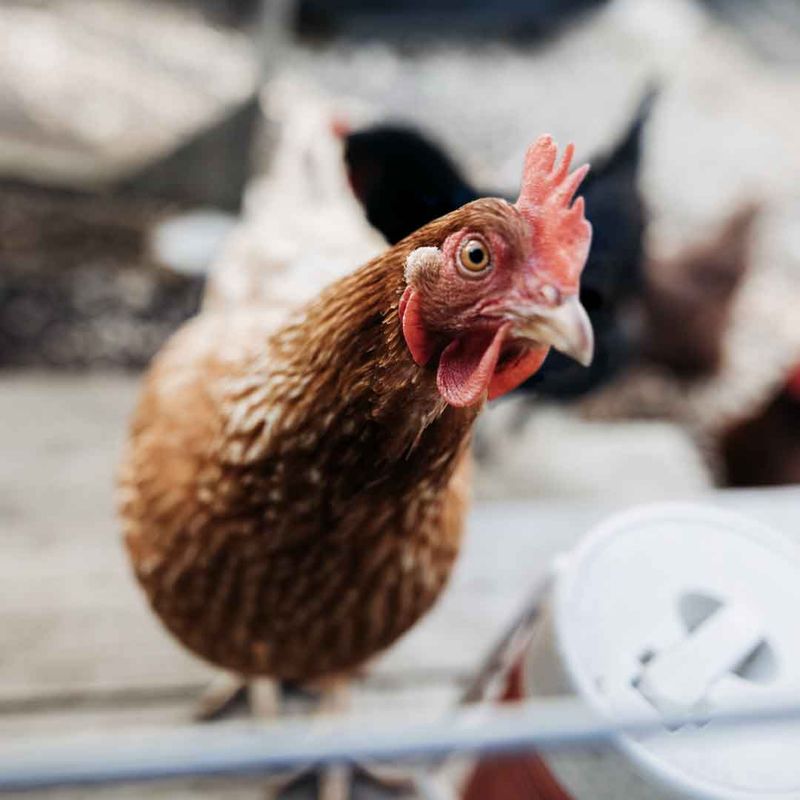
Chickens are notoriously messy when they eat, often scattering their feed far and wide. This can attract rodents and pests, creating an additional problem for homeowners. You’ll find yourself cleaning up regularly to maintain a tidy environment. Their eating habits can lead to wasted feed, requiring you to buy more frequently. This not only affects your budget but also demands more of your time for upkeep. Being prepared for the mess is essential. If cleanliness is a priority in your home, a pet chicken might not align with your lifestyle.
Health Concerns
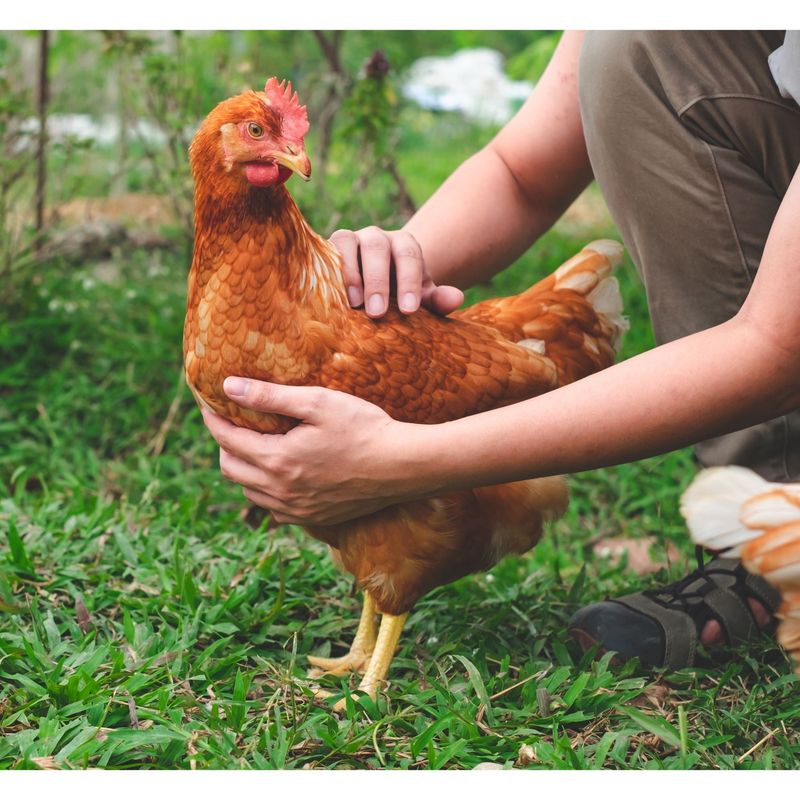
Chickens are prone to a variety of diseases and parasites, which can be challenging to manage. Regular check-ups with a vet are necessary to ensure they’re healthy, adding to the cost and effort of having a pet chicken. Some diseases can also pose a risk to humans, requiring you to be vigilant about hygiene and care. You must be prepared for potential veterinary bills and the responsibility of ensuring their health. If maintaining rigorous health standards sounds daunting, consider the implications before deciding on a pet chicken.
Longevity Commitment
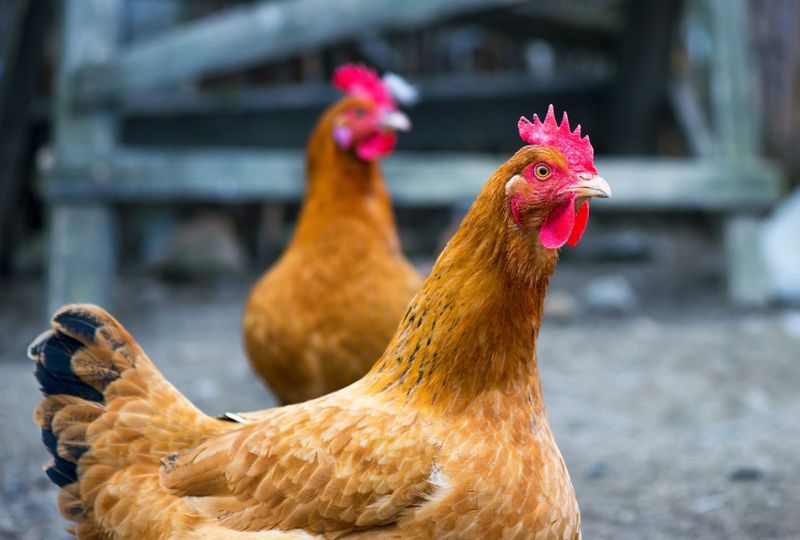
Chickens can live for several years, requiring a long-term commitment from their owners. This isn’t a pet you can easily rehome if your life circumstances change. Ensuring their well-being over many years involves a significant time and resource investment. If you’re unsure about your future living situation or ability to care for a pet long-term, a chicken might not be the best choice. They deserve a stable environment and dedicated care, something that requires planning and foresight. Consider your long-term plans carefully before taking on this responsibility.
Limited Vacation Flexibility
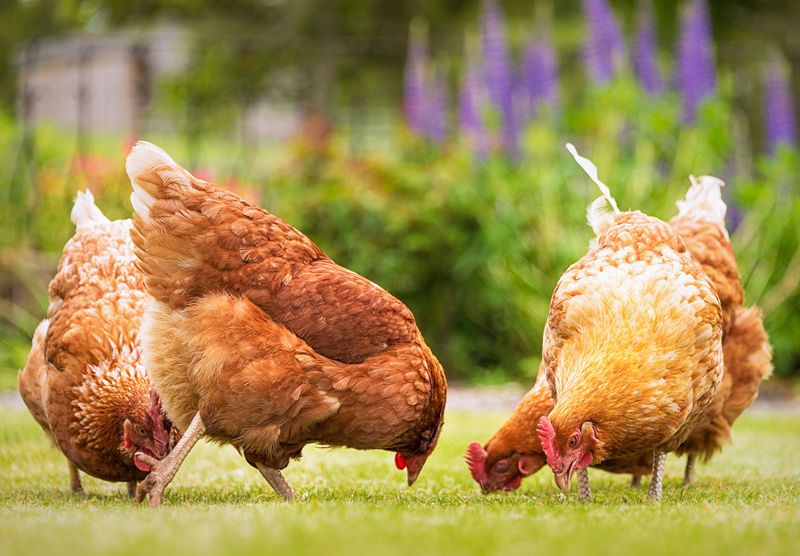
Owning chickens can limit your ability to travel spontaneously. They need daily care, from feeding to cleaning their coop, which becomes problematic when planning vacations. Finding someone to look after them while you’re away is not as straightforward as with more common pets like cats or dogs. This can restrict your travel plans and add stress when trying to enjoy a getaway. If you love traveling or have work commitments that require you to be away often, reconsider if having a pet chicken aligns with your lifestyle. Flexibility might be compromised.
Allergies and Odors
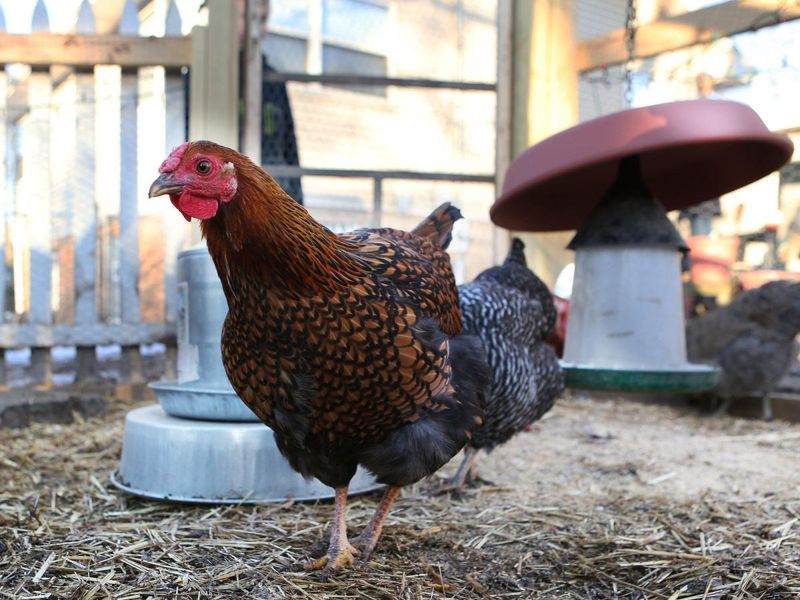
Chickens produce dander and dust, which can trigger allergies in some people. Additionally, their coops can develop unpleasant odors if not regularly cleaned. This means increased cleaning tasks to maintain a fresh-smelling environment. Allergies can make owning chickens particularly challenging, affecting your comfort and health at home. If you or a family member have respiratory sensitivities, consider how these factors might impact your daily life. Maintaining an odor-free and comfortable home requires diligence, and if this doesn’t appeal to you, think twice about owning a chicken.
Predator Risks
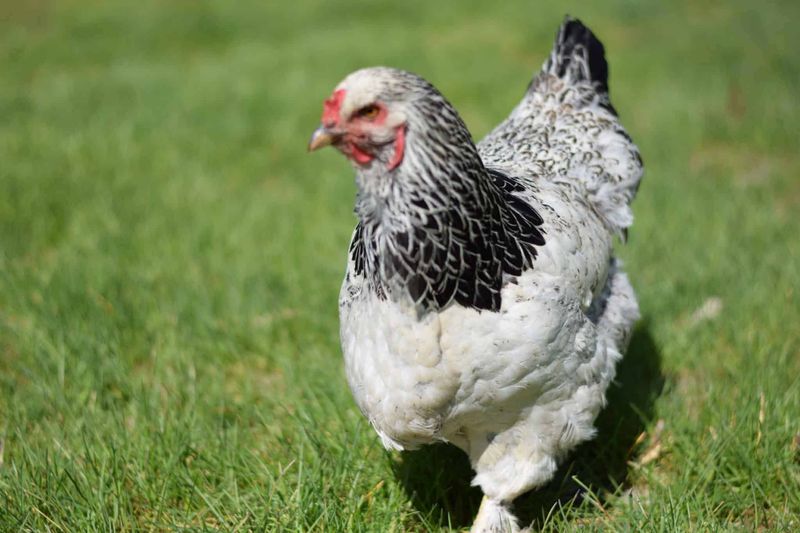
Chickens are vulnerable to predators such as foxes, raccoons, and hawks. Protecting them involves securing their coop and run, adding layers of expense and effort. You’ll need to monitor their safety, especially if you live in an area with frequent wildlife activity. This can be stressful and require additional resources, like sturdy enclosures and protective measures. The constant vigilance needed to ensure their safety is a significant responsibility. If the idea of being on guard for predators is daunting, a pet chicken might not be suitable for your household.
Zoning Laws
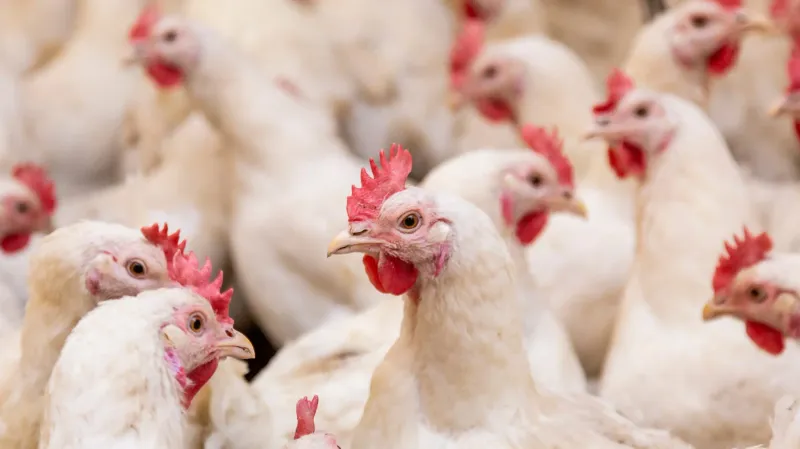
Many areas have zoning laws that restrict keeping chickens. It’s crucial to research local regulations before bringing a chicken home. Violating these laws can lead to fines or needing to rehome your pet unexpectedly. Navigating legal requirements can be complex, requiring time and effort to ensure compliance. If your property isn’t zoned for chickens, you’ll face difficult decisions and potential legal issues. Understanding these restrictions beforehand is vital to prevent future complications. Check with local authorities to ensure you’re legally allowed to own a pet chicken in your area.
Dietary Needs
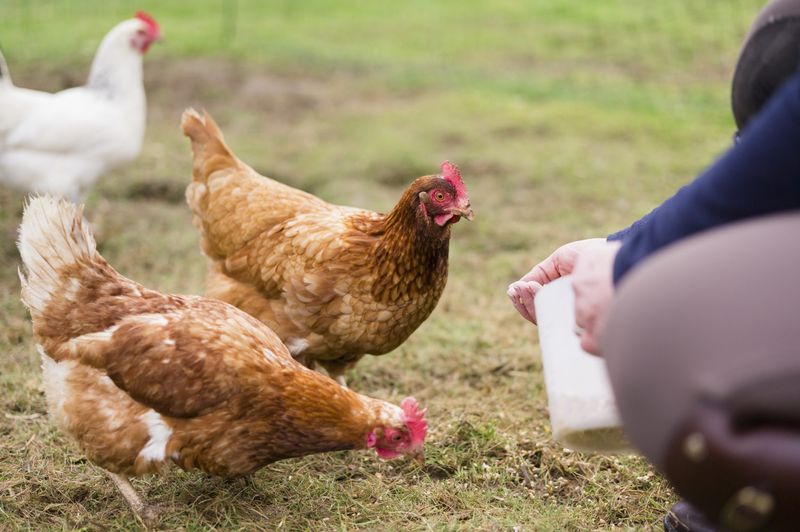
Chickens have specific dietary needs to remain healthy, requiring various feeds and supplements. This can complicate their care, as you’ll need to ensure they receive balanced nutrition. It’s more than just throwing out feed—understanding their nutritional requirements is crucial. This means regular purchases of different feed types, potentially straining your budget. Meeting these dietary needs demands an investment of both time and money, which might not align with everyone’s lifestyle. If you’re not ready to commit to learning about and fulfilling these needs, reconsider having a pet chicken.
Behavioral Challenges
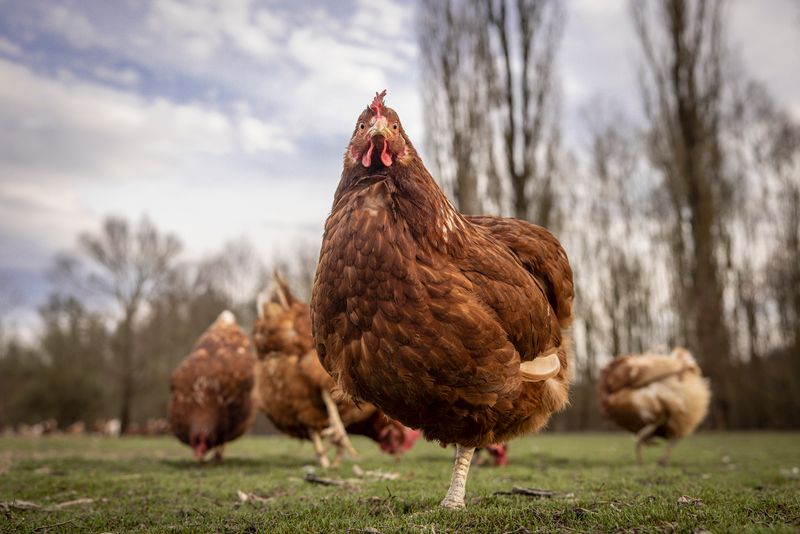
Chickens can display aggressive behavior, such as pecking, especially if they feel threatened or stressed. This can pose a challenge if you have children or other pets. Managing their behavior requires understanding and patience, as well as creating a peaceful environment. They might not always be the cuddly, friendly pet people expect, leading to disappointment. Addressing these challenges involves effort and careful handling. If you’re seeking a low-maintenance pet, chickens might not fit that mold. Consider whether you have the patience and knowledge to manage their behavior effectively.
Seasonal Care Demands
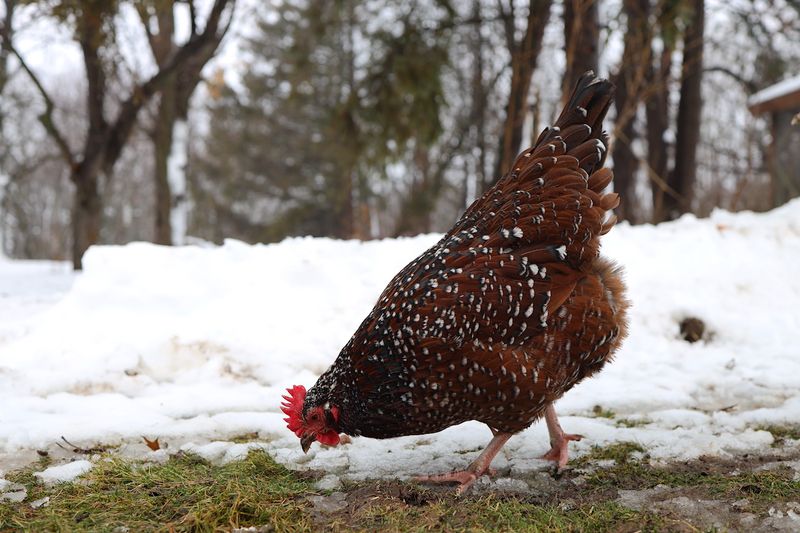
Chickens require different care depending on the season, with winter often being the most demanding. Ensuring they stay warm and comfortable involves additional tasks, such as insulating their coop and providing extra feed. These seasonal demands mean you’ll need to adjust your routine and possibly invest in additional resources. If you’re not prepared to handle these fluctuations in care requirements, having a pet chicken might not be suitable. Each season brings new challenges, demanding flexibility and dedication to their well-being. Consider if you’re ready for such year-round commitment.
Limited Companionship
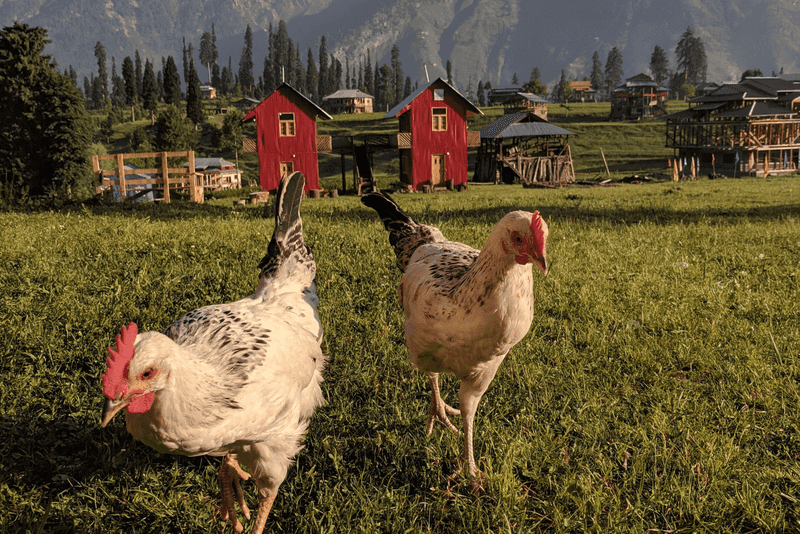
Chickens are generally not as interactive or affectionate as traditional pets. If you’re seeking companionship, they may not meet your expectations. While they can be entertaining and have personalities, they’re often more independent and less responsive to human interaction. This might leave you feeling disconnected, especially if you’re looking for a pet to form a strong bond with. Understanding their nature is crucial before deciding. If a close, interactive relationship is vital to you, a chicken might not fulfill that role. Think about what you truly want from a pet.
Environmental Impact
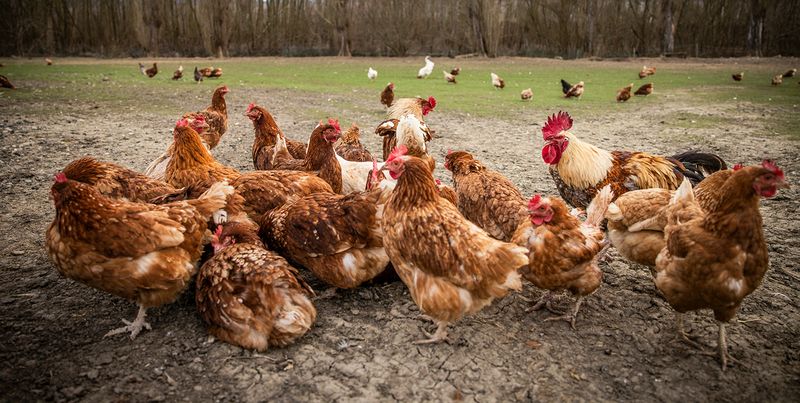
Chickens produce waste that, if not managed properly, can lead to environmental issues such as soil and water pollution. Responsible waste management is essential to mitigate these impacts, requiring effort and resources. This could involve composting or other disposal methods to prevent contamination. If you’re not prepared to handle this aspect of care, it could result in unintended environmental harm. Consider the responsibility you bear in maintaining an eco-friendly household. If environmental stewardship is important to you, assess whether you’re ready to take on this additional responsibility.

